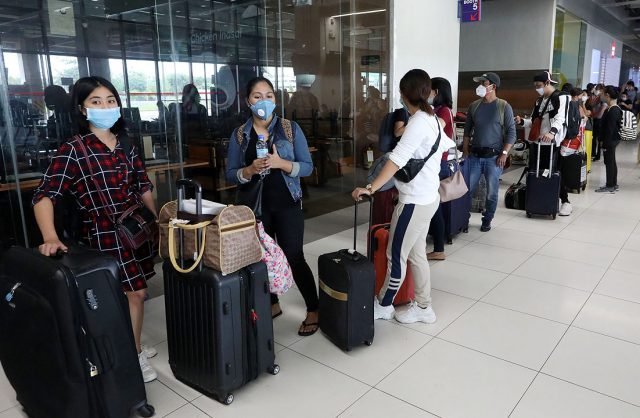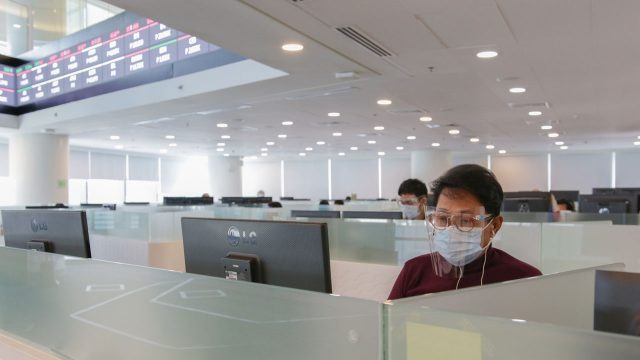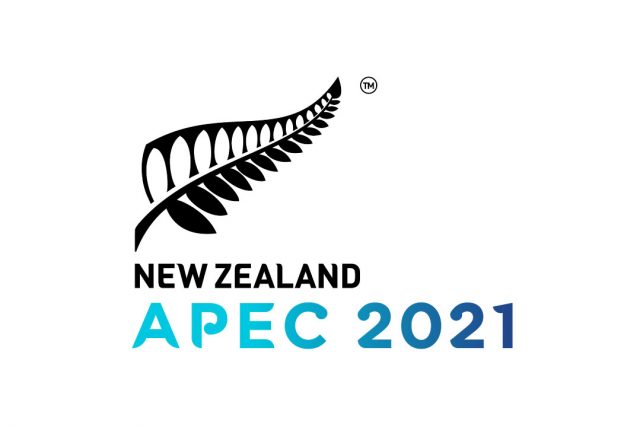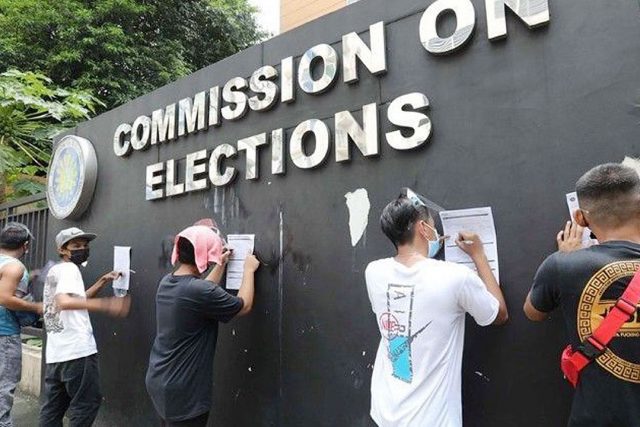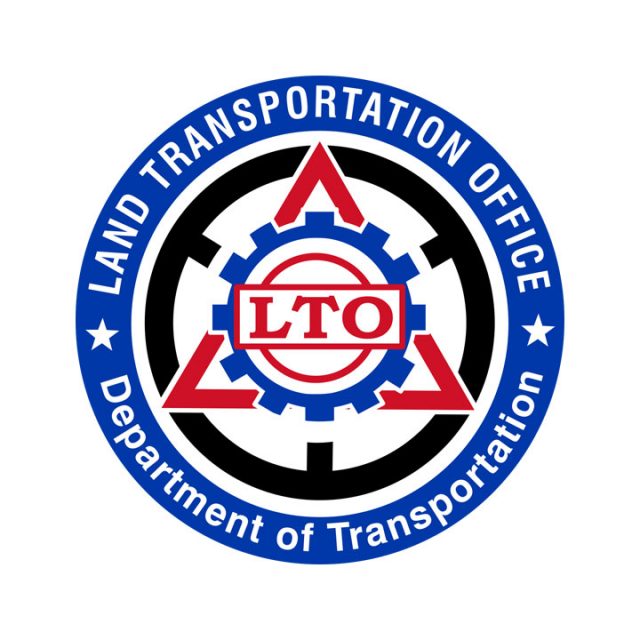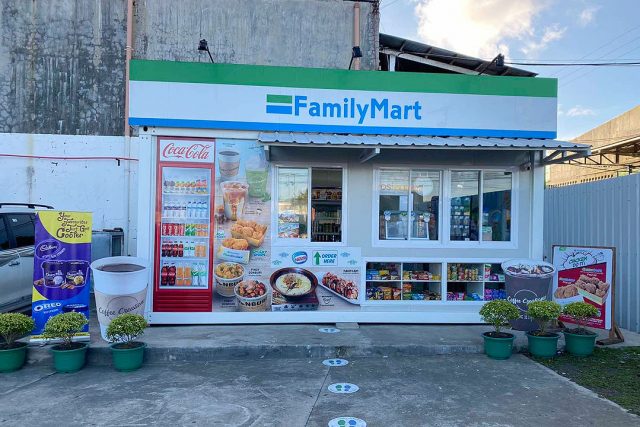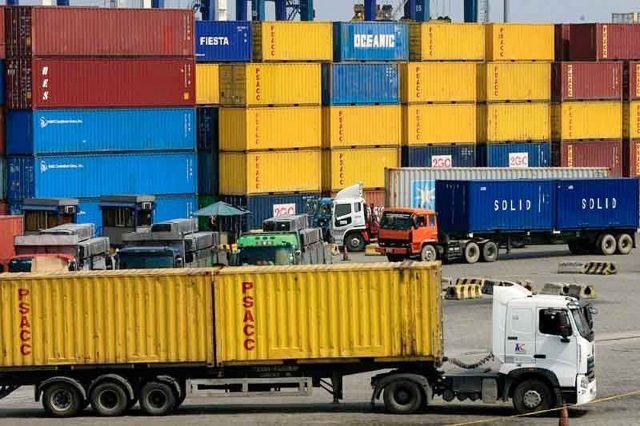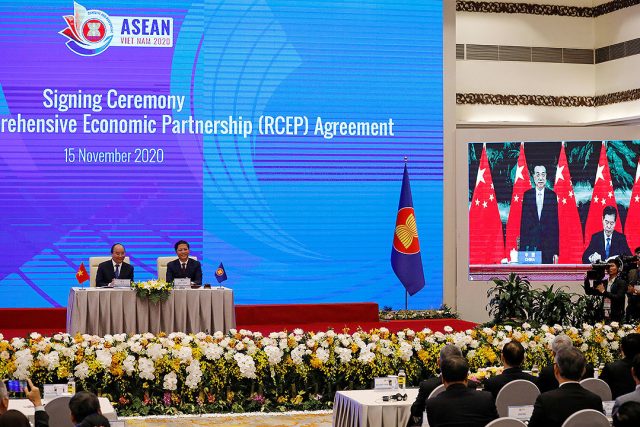DFA says 58 migrant workers arrived from Bahrain last week
THE PHILIPPINE Embassy in Bahrain sent home 58 migrant Filipino workers last week, including detainees, overstaying and sick Filipinos overseas, the Department of Foreign Affairs (DFA) said in a statement on Tuesday.
Due to travel restrictions, many distressed Filipinos in Bahrain sought the help of the embassy there in booking tickets at a special rate given by Gulf Air, the agency said.
The embassy also worked with DFA and other agencies in exempting the returning Filipinos from quarantine restrictions.
The embassy has helped 287 stranded Filipinos in Bahrain to come home via Gulf Air’s direct flight to Manila since August. The government paid for the airfare of 175 workers, it said.
Meanwhile, DFA has lowered the alert level for Iraq to Alert Level 3 (voluntary repatriation) from Alert Level 4 (mandatory repatriation) due to improved security and upon the request of overseas Filipino workers.
Filipino workers returning to Iraq would be exempted from the deployment ban, subject to conditions, the agency said.
DFA said Filipinos in Iraq should be cautious, restrict movements and keep communication lines with the Philippine Embassy in Baghdad open.
Meanwhile, the Philippine Chamber of Commerce and Industry (PCCI), said it supports a plan to further ease the lockdown in Metro Manila in two weeks, which it said would let more businesses to reopen.
Metro Manila is now under Alert Level 3, which allows 50% capacity for outdoor services and 30% capacity for indoor activities.
“The easing of restriction to Alert level 2, which will allow most businesses to operate and restaurants to increase the capacity of allowed diners is a good move, especially now as we enter the Christmas season,” PCCI President Benedicto V. Yujuico said in a statement.
He urged the government to boot the capacity of public transport vehicles to help revive businesses and the economy.
Under Alert Level 2, businesses may operate indoors at 50% capacity. They will get an additional 10% capacity if they have a so-called safety seal from the government. For outdoor operations, they may operate at 70% capacity.
At least 80% of Metro Manila residents have been fully vaccinated against the coronavirus.
An inter-agency task force last week approved a plan to increase passenger capacity in road- and rail-based public transportation in Metro Manila and nearby provinces from 70% to full capacity starting Nov. 4.
The government started enforcing granular lockdowns with five alert levels in the capital region after the country struggled to contain a fresh spike in infections triggered by a highly contagious Delta variant.
Mr. Yujuico said some countries in Southeast Asia including Thailand and Singapore have reopened their hotel, travel and tourism industries.
He also cited the need to fast-track the government’s vaccine rollout amid a decline in infection rates to help micro, small and medium enterprises in the countryside.
The OCTA Research Group from the University of the Philippines earlier said coronavirus infections nationwide would probably fall to 2,000 by the end of the month.
Daily virus cases in Metro Manila could go down to 500 by mid-November, OCTA fellow Fredegusto P. David said on Sunday. — Alyssa Nicole O. Tan and Angelica Y. Yang

